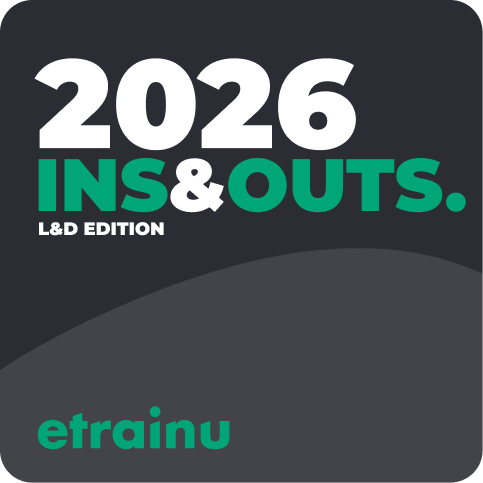
Building Resilience: Training Support Workers in the Face of Burnout
By understanding support worker burnout better, we can work towards preventing it, creating an environment that helps support workers stay resilient in their roles.
In the 2022 NDIS Workforce Retention survey, almost half (43%) of respondents said they feel burned out a lot, and 12% feel burned out almost all the time. About one-third mentioned feeling emotionally drained (31%), physically exhausted (29%), or frustrated (29%) at work.
The survey also found that high burnout and low job engagement are significantly related to intentions to leave the NDIS workforce. So how can support workers and employees recognise the signs of burnout and intervene?
By understanding support worker burnout better, we can work towards preventing it, creating an environment that helps support workers stay resilient in their roles.
Some causes of support worker burnout include:
- Workload and staffing issues
- Experience of health and safety risks
- Confronting work
- Emotional and physical demands
- Lack of recognition and support
- Challenges in communication
Signs of support worker burnout include:
- Physical exhaustion, such as chronic fatigue, headaches or muscle pain
- Emotional detachment with persistent feelings of sadness, hopelessness or irritability
- Decreased job satisfaction or a loss of interest
- Cynicism and detachment towards participants and colleagues
- Impaired performance and an increase in errors
- Insomnia or disrupted sleep
- Increased absenteeism
- Difficulty concentrating
In any industry, burnout is damaging; however, in a support worker role, the risks are even more heightened as concentration and compassion are crucial for managing medication, meal times and the general wellbeing of participants.
So, how do you help your team build resilience to avoid burnout?
Building Resilience Among Disability Support Workers
- Taking time off: It's important everyone, whether full-time, part-time, or casual, understands how to take time off and feels okay with using their leave. Surprisingly, 22% of the survey's respondents believe that they have no leave processes in place. So, ensure that your processes are clear, easily accessible and management is approachable to answer any questions. Taking time away is the most effective way to recharge.
- Work-life balance: Like with leave, employees should be able to disconnect at the end of the day. 28% of respondents, mainly in management or executive roles, feel they lack a healthy work-life balance. Encourage self-care practices, like exercise and healthy eating, and lead by example. Employees often follow the lead of their leaders, so practising what you preach can positively impact the team's wellbeing.
- Training in stress resilience: Leverage professional training resources to recognise signs of stress and burnout, along with practical coping methods. etrainu offers training on mental health and how you can recognise it within yourself and participants.
If you want to learn more, read our blog on The Value of Mental Health in the Workplace.
Promoting a Positive Work Environment
- Inclusive culture: Foster inclusivity and create a welcoming environment for all staff. Consider leveraging the etrainu Cultural Awareness bundle as an effective tool to promote inclusiveness.
- Open communication, recognition and appreciation: Encourage open communication among staff with tactics like wins, bins, and cheers. Team members highlight successes (win), areas for improvement or something that didn’t go so well (bin), and recognise colleagues for their contributions (cheers).
- Professional development opportunities: Provide ongoing training and growth opportunities to keep employees motivated and engaged. Investing in their continual development not only benefits them but also makes your organisation a more appealing place to work. It is a two-way investment.
- Wellness programs: Implement wellness initiatives, such as group fitness, mindfulness sessions, and health workshops. These programs contribute to a healthier and more balanced work environment.
etrainu mental health and support worker resilience courses
etrainu provides a variety of courses to train disability support workers in stress management, resilience building, and recognising signs of poor mental health. Explore the courses below:
NDS Workforce Essentials, Managing Stress and Building Resilience
In this module, we will cover the basics of stress management. By the end of this training, you will be able to:
- Identify what stress is and what it can lead to
- Recognise symptoms of stress
- Use tools to cope with stress and build resilience
- Focus on creating a positive work culture
Mental Health
Our Mental Health training includes courses that focuses on recognising the signs and symptoms of mental health, learning about the mental health continuum, and how we can help others. The training is designed to help both leaders and employees better understand mental health and what it entails.
Team Development
Personal development is crucial to career growth: it enables you to challenge yourself, kick goals, and achieve success. Our training helps you grow both personally and professionally by covering a variety of topics, such as Emotional Resilience and Networking.




